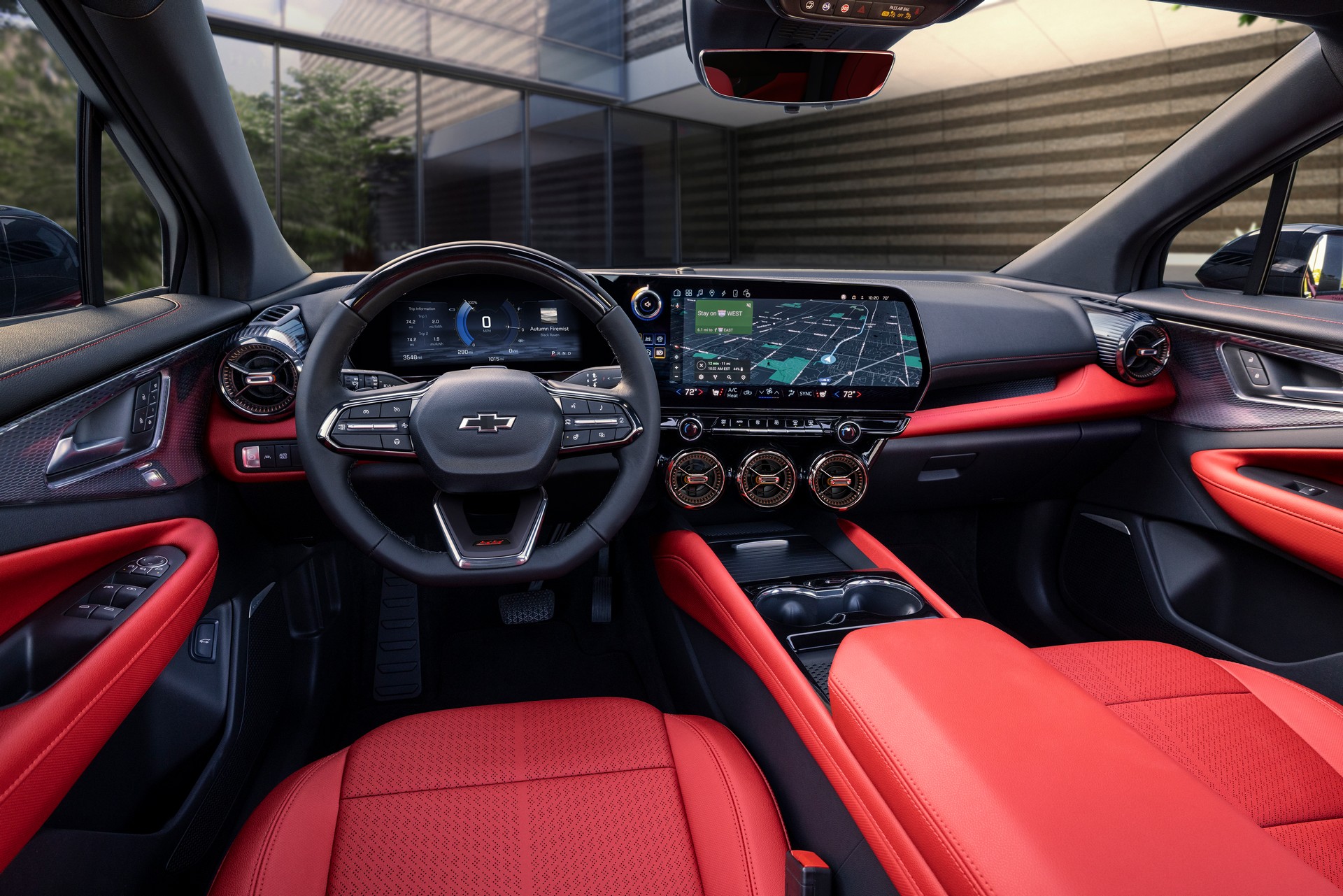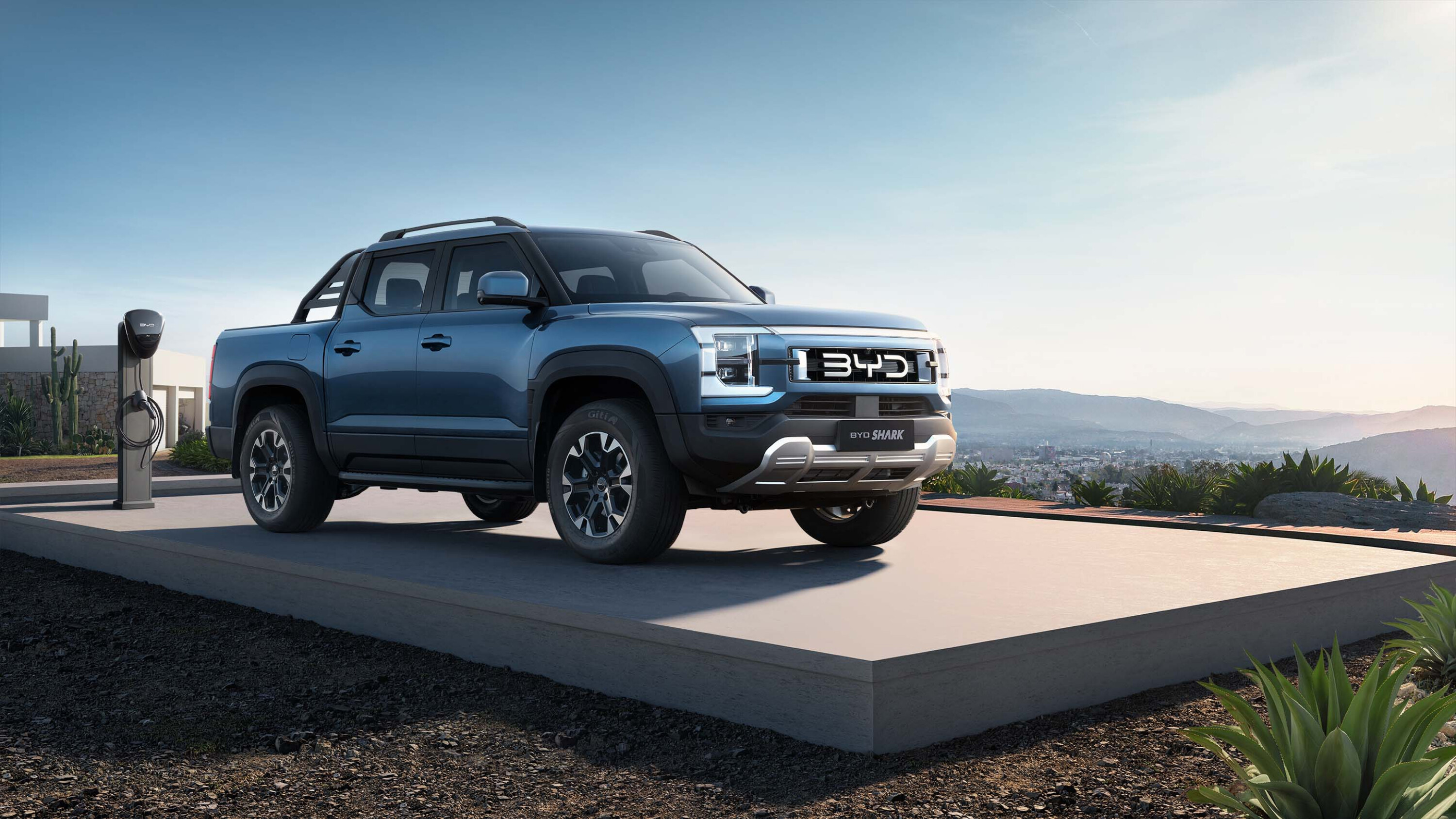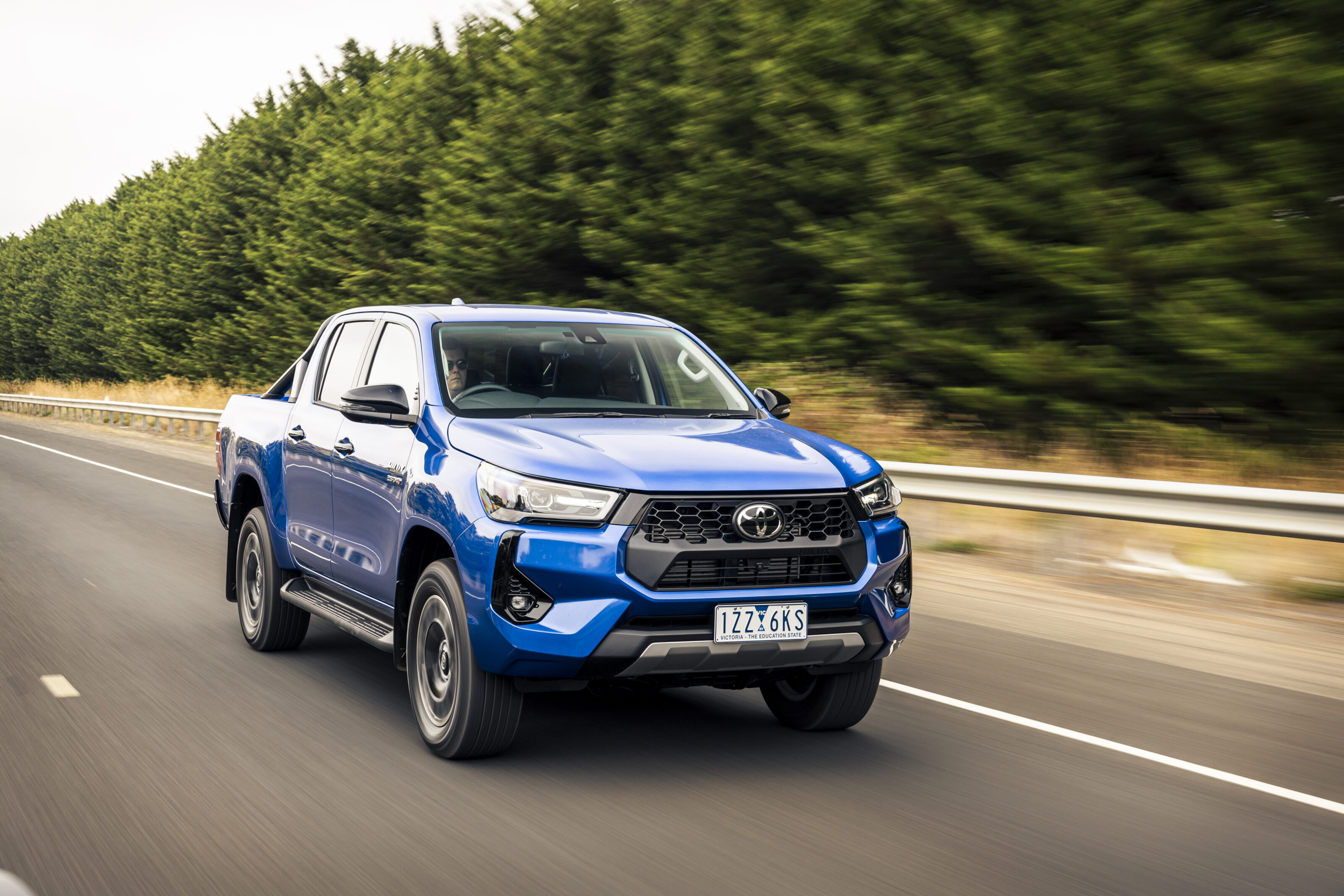In a strangely shortsighted turn that is likely to be reversed after the first round of customer feedback hits dealers, General Motors has confirmed its next generation of electric vehicles won’t support Apple CarPlay and Android Auto.
Instead, they will use a native Google-based infotainment system, including native versions of common apps like Google Maps, Google Assistant, Audible, and Spotify.
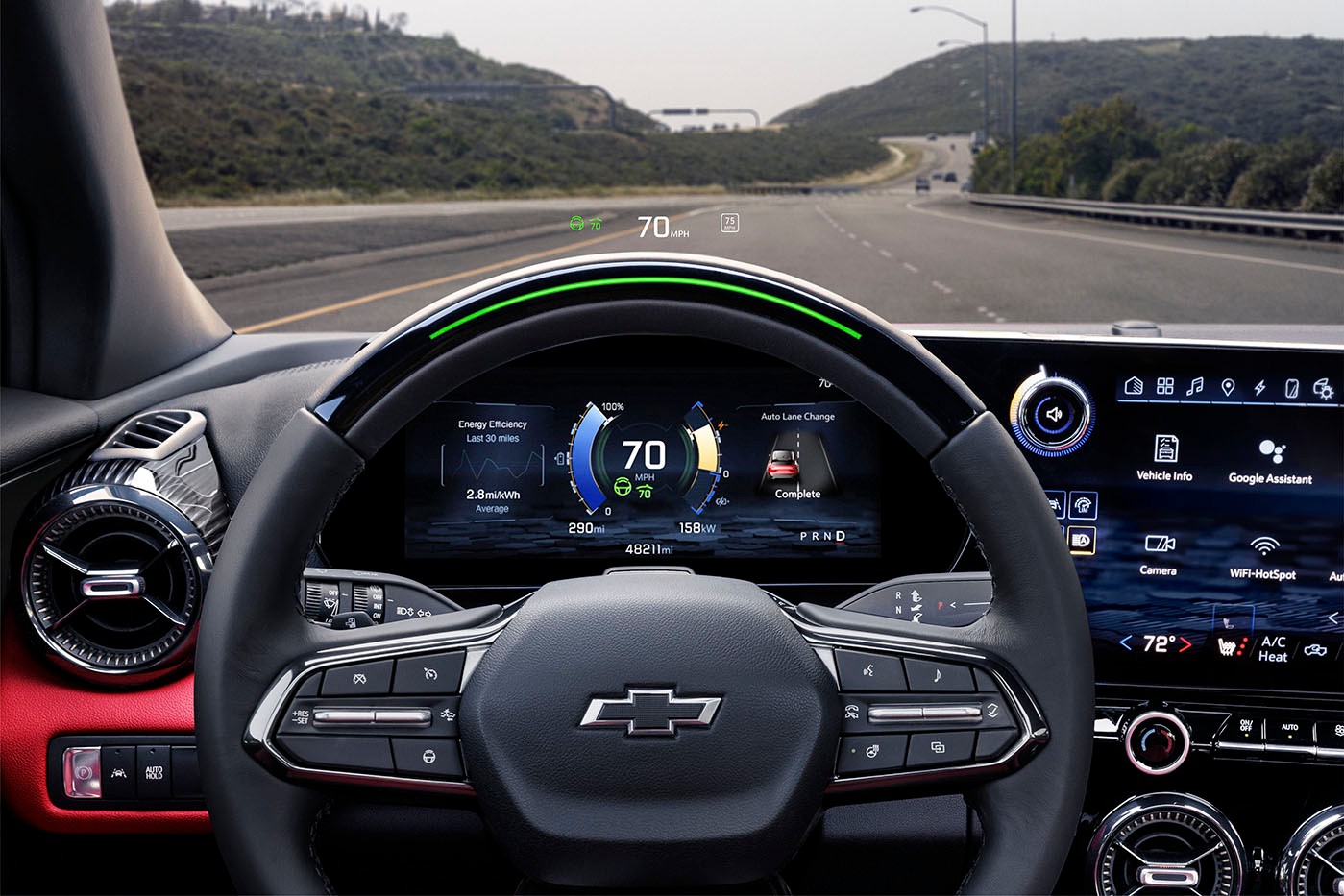
This isn’t uncommon, but so far, no brand that uses Google’s services has decided to block Android Auto and Apple Carplay phone mirroring in the process, disallowing the now ubiquitous ability to project a familiar phone-like interface to the car’s main display.
The change is understood to be driven by a desire to capture more data on its customers’ driving, entertainment, and charging habits – because, right now, information displayed through Android Auto and Apple Carplay is not shared with the carmaker, leaving them blind to much of the user’s activity.
Of course, this data is available to Google and Apple, just as it is when using your phone directly.
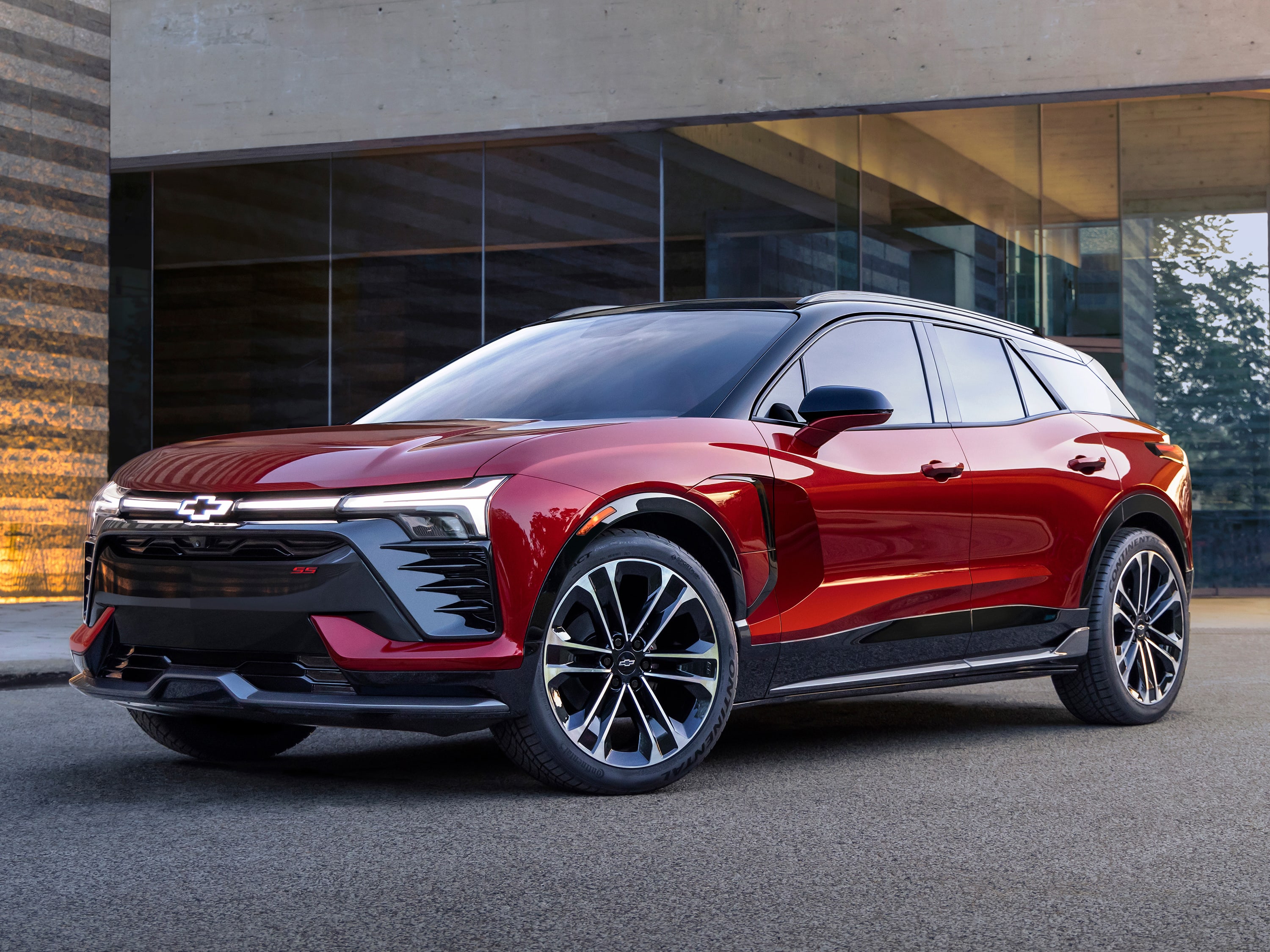
No surprises, this data will likely be used to inform future subscription-based features and functions in the car, as many automakers are seeking to generate more revenue beyond their traditional business model.
Some of GM’s argument appears contentious, such as suggesting it’s the most effective way to provide a better experience for the driver – particularly when it comes to the navigation and charging experience, despite brands like Volvo and Polestar excelling in that space, using only the integrated Android Automotive infotainment platform (which now also offers Apple CarPlay, after an initial delayed rollout).
In an email to tech website The Verge, GM’s communications boss for digital business said: “the vehicle can know more than the phone does” – but, again, there is little reason that a car’s native features cannot coexist with CarPlay and Android, given both are merely a layer of projection similar to running a virtual instance of Microsoft’s Windows inside the Parallels app right there on the MacOS desktop.
Below: Android Auto (top) and Apple CarPlay (bottom) in their current forms
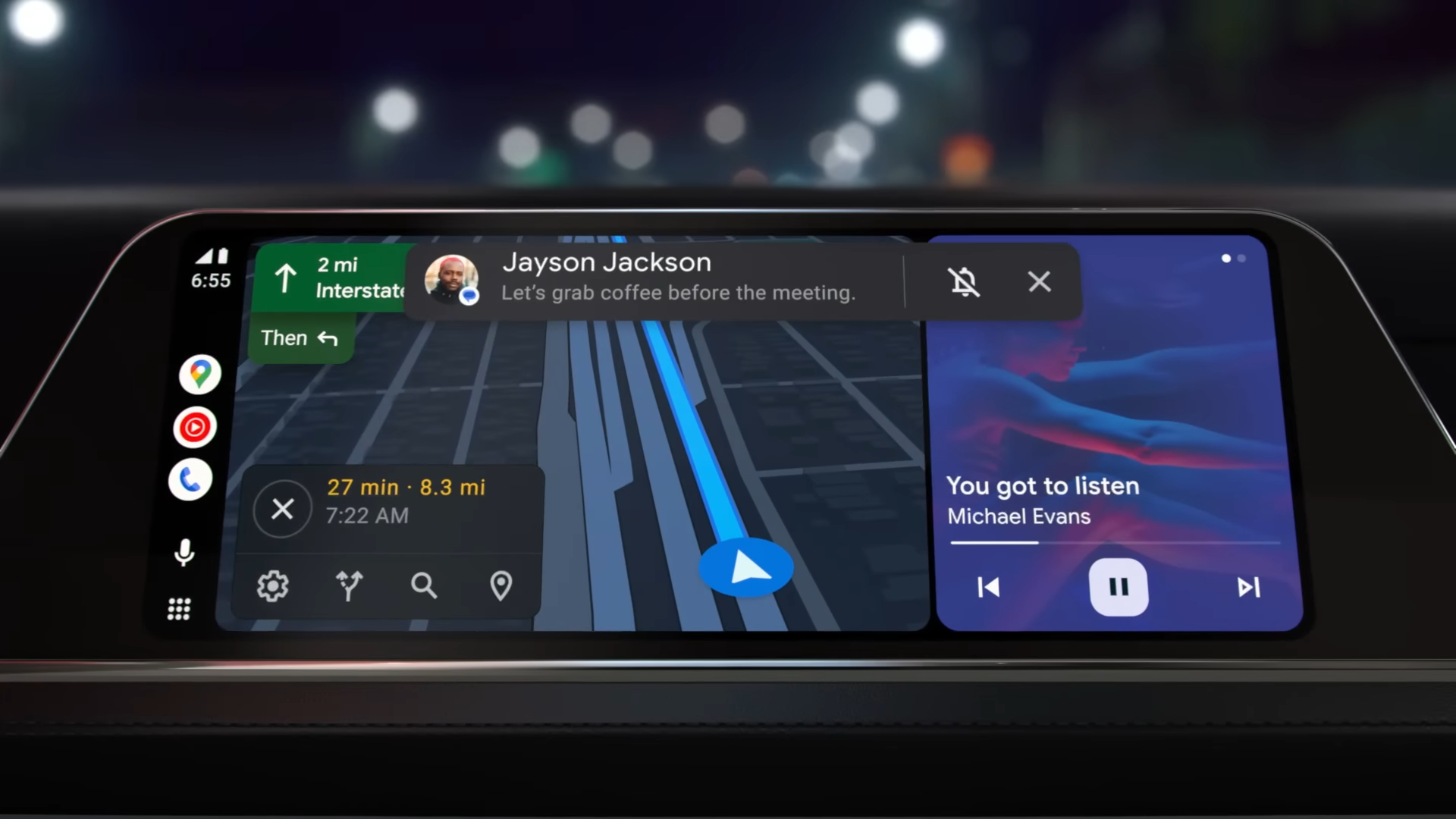

Thankfully, GM’s existing models won’t suddenly lose their Android Auto and Apple CarPlay capability, meaning Australian buyers of Chevrolet models currently sold here will still have the infotainment they’re used to.
It seems likely, however, that next-generation Chevrolet models sold in Australia could be impacted by this decision.
Interestingly, a massive (and controversial) coming upgrade to Apple CarPlay lists a number of brands among its partners – but GM is not among them.
It will be interesting to see how buyers respond to GM’s decision. While many ‘regular’ motorists have proven eager to embrace CarPlay and Android Auto, others have criticised the increasingly phone-like and distraction-heavy evolution of infotainment in today’s cars. Of course, GM’s new interface is unlikely to be any less feature-packed and distracting.


